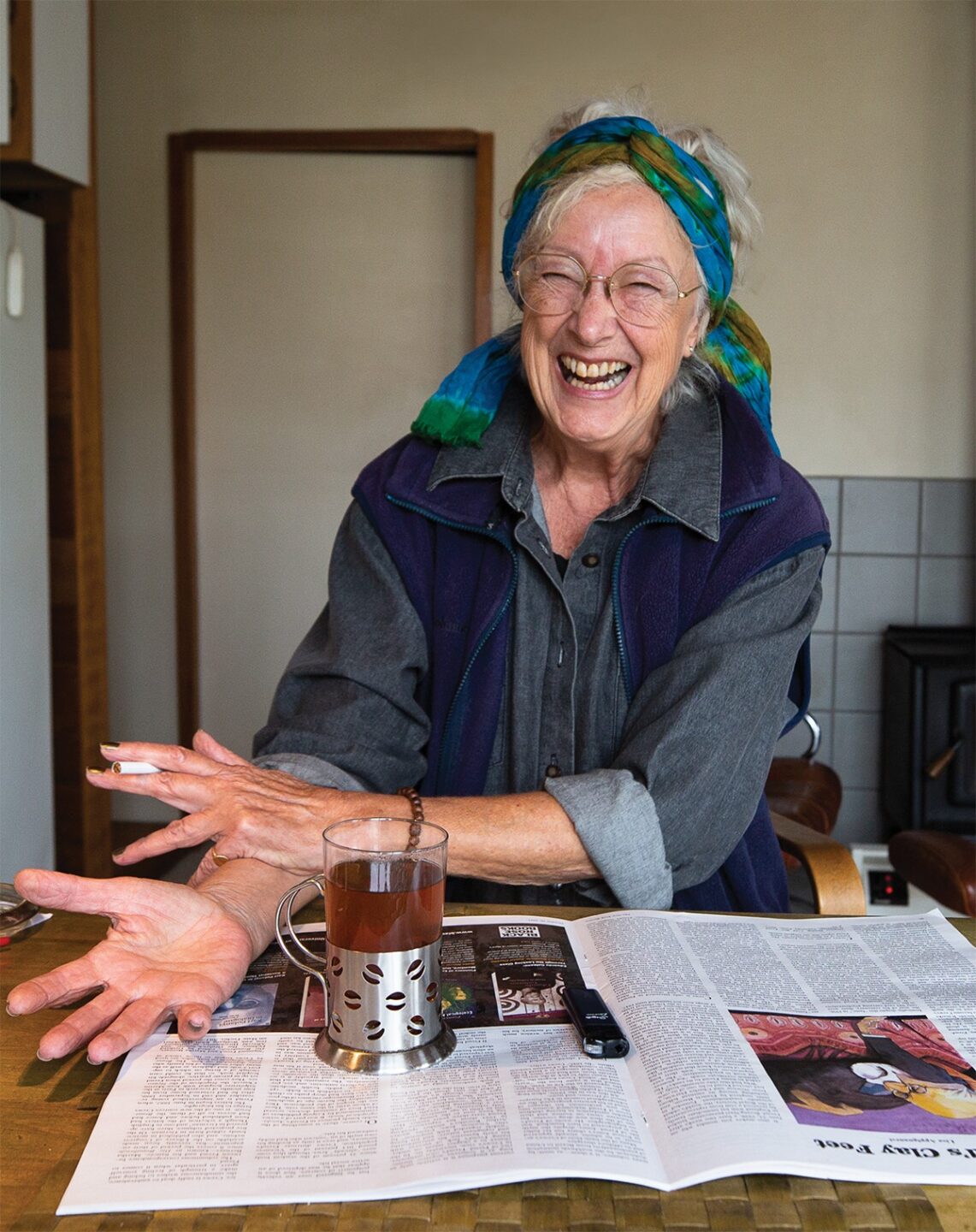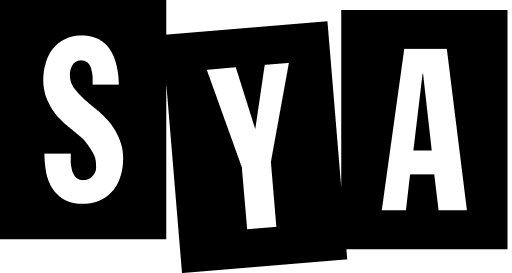
photo by Elizabeth Rudge
I lived in Jerusalem from 1966 to 1979. The brief story is “I went for the summer and stayed for 13 years.” The whole story? It hangs on an abortion.
I was as young and dumb as every 20-year-old has every right to be. Not that dumb though, since I was using a diaphragm thanks to the Marie Stopes Clinic, the one place in the whole of England at the time that thought unmarried women should be able to get contraception. And the diaphragm worked—until that first summer in Jerusalem, when it didn’t. Not because of any fault in the device but because I hadn’t put it in. Late in my menstrual cycle, I’d said, “Come on, it’ll be fine.” And three weeks later, I realized it wasn’t.
The guy was good- looking, but that’s about the best that could be said for him. We split up, leaving me a pregnant tourist in a foreign land, with a newly minted degree in psychology but no idea of where I wanted to go from there. The only thing I was sure of was that I was damned if I’d go back to England with my metaphorical tail between my legs. That and the certainty that since I could barely handle myself, no way could I handle a child.
But abortion was still illegal in Israel. And besides, I was dead broke.
I found my way to the Jerusalem branch of an aid organization for Brits—a single room with a single occupant. She took one look at me as I hovered miserably in the doorway, and before I could open my mouth she said, “You’re pregnant, aren’t you?” I nodded a mournful yes. “And you need an abortion?” Another mournful nod. “And you don’t know where to go. And even if you did, you don’t have any money?” I just kept nodding. “Sit down,” she said, and picked up the phone. She made three calls. The first was for an appointment with a leading gynecologist who didn’t believe in forcing women to have children. The second was to her HQ to get approval for a loan to pay his fee. And the third was to a publishing house to get me a job as a copyeditor so that I could pay back the loan. I walked out of her office breathing free again.
The procedure itself was a nonevent: a D&C under sedation, which was the standard procedure at the time. The doctor gave me a prescription for the pill, I languished on a sofa for the rest of the day, and, in the half century since, I’ve never had a single regret.

By the time I’d paid back the loan, I was in love again, so I stayed. I got my masters degree in psychology, became a journalist, and helped form the modern feminist movement in Israel—thus the newspaper photograph of me leading a pro-choice demo in front of Jerusalem’s main department store. The sign I’m carrying says, “women, demand the right to decide.” We did, and we got it. Abortion was legalized in Israel in 1977.
And the woman who made those phone calls? It turns out abortion can create lifelong bonds. Her family became my adopted family in Jerusalem. And even though I’d eventually move half the world away, first to New York and then to Seattle, we’ve been firm friends ever since.
